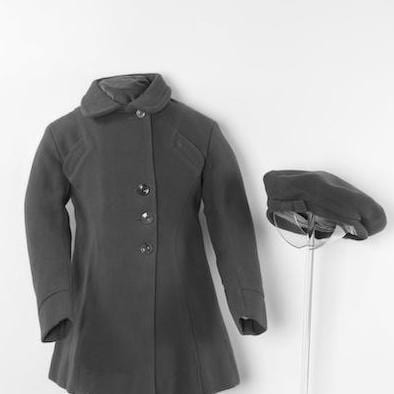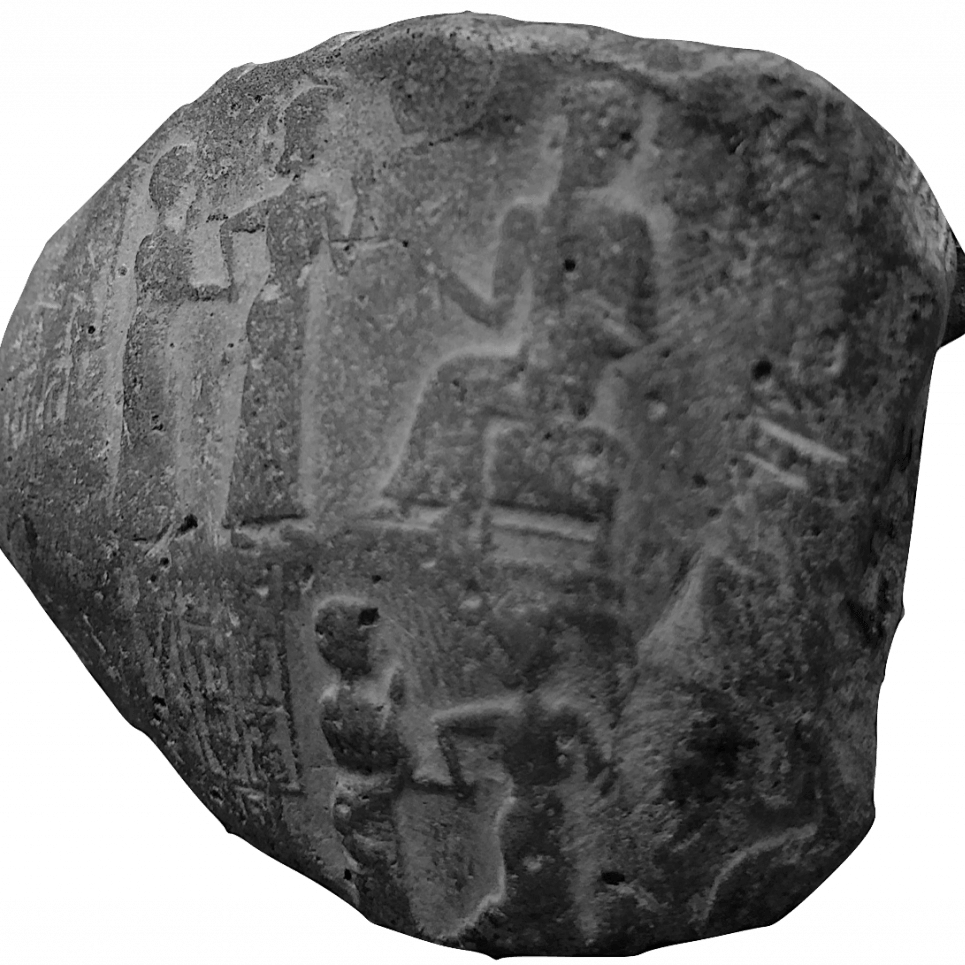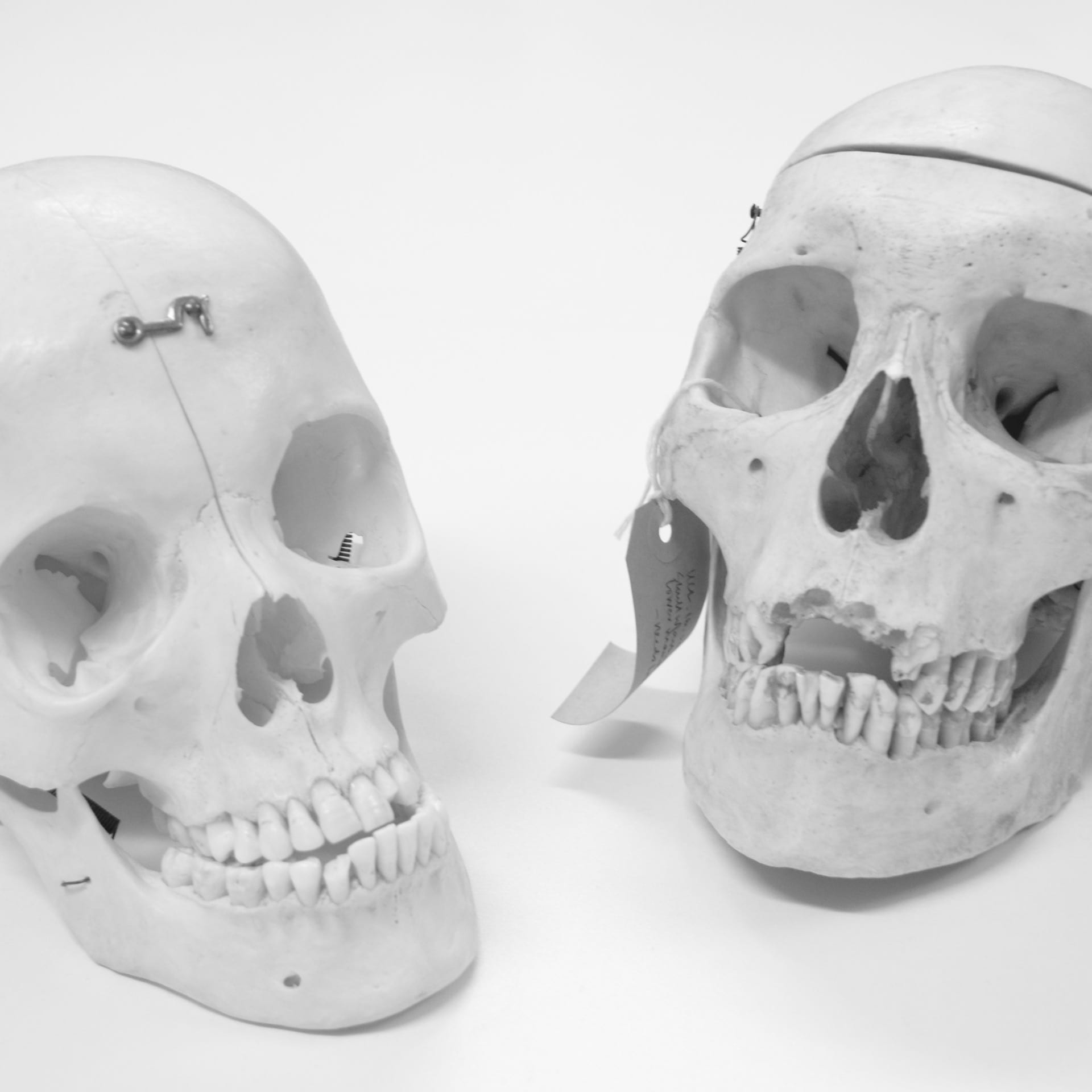[Last modified: March, 25 2019 02:44 PM]
Since the beginning of human history, communities have used religious or other spiritual means as a way to explain and rationalise what is happening around them.
A common way in which this is achieved is through the use of religious documents and relics. These objects not only provide teachings on holy matters but are valued by the connection they have to higher powers
We find refuge in their stories and feel protected by their presence.
- This is the Piyyutim, it is a special Jewish prayer book which is preserved in the Mocatta Library at University College London.
- This prayer book is bound in animal skin Vellum (originally died in red) and fastened by metal clasps.
- Pay attention to the gold painted edges of the parchment!
The materials used in this object underline its importance and value within the community. Despite having limited knowledge on the creation of this prayer book, we can derive from the quality and detail of materials used its importance and meaning within its community.
A piyyut, or piyyutim (plural), is a musical composition of religious poems which dates back to the 4th century AD.
These poems are integrally linked to special moments or holidays within all communities of the Jewish faith, such as Sabbath, Brit Mila ceremony (the ceremony of circumcision) and Tish B’av (the fast of the ninth av).
- A piyyut is always accompanied by a melody, it is not a piyyut without it. These melodies are heavily influenced by their surrounding cultures. They are an integral part of history for all Jewish traditions whether it be sung in Moroccan, Oriental Jewish or Ashkenazi communities
- This Piyyutim here is of Ashkenazi origin! This is revealed to us through excerpts in Yiddish (a Hebrew dialect from Ashkenazi communities).
- Each Piyyut tells a different story. A variety of them were presented at each special service.
- Worshippers would often come to a service expecting to hear a new poetic work of devotion that would enhance their experience of worship.
These worshipping services were used to maximise your experience with God. The power of a piyyut lies within its storytelling ability’s which provides enlightenment, brings together a community and deepens their connection with God.
Listen below if you’re interested in hearing a traditional piyyut!
City of Joy
This piyyut is called the
and is played at weddings and celebrations of life.This Piyyut is called City of Joy and it is played at weddings and celebrations of life. It originates from Sephardic Jewish communities and is influenced by North African music (Siboni, 2015)
Do you have anything like piyyutim in your community? Does the very thing that gives us comfort and control have the ability to make our lives chaotic and uncontrollable? Is our belief system within these objects a double edged sword?
It originates from Sephardic Jew communities and is influenced by North African music (Siboni, 2015).Do you have anything like piyyutim in your community? Does the very thing that gives us comfort and control have the ability to make our lives chaotic and uncontrollable? Is our belief system within these objects a double edged sword?
Object Information
Object Name: Service Book (Jewish): Piyyutim
Material: Vellum, coloured ink
Date: 1890
Origin: Vienna, Austria. Ashkenazic rite
Collection: Manuscripts, Mocatta Collection
Reference Number: MS Mocatta 253
Disclaimer for photos presented on this page
All photos illustrated on this page have been taken with an iPhone 7 camera by Rebecca Akroyd (the author); this has been authorised by UCL Special Collections.













